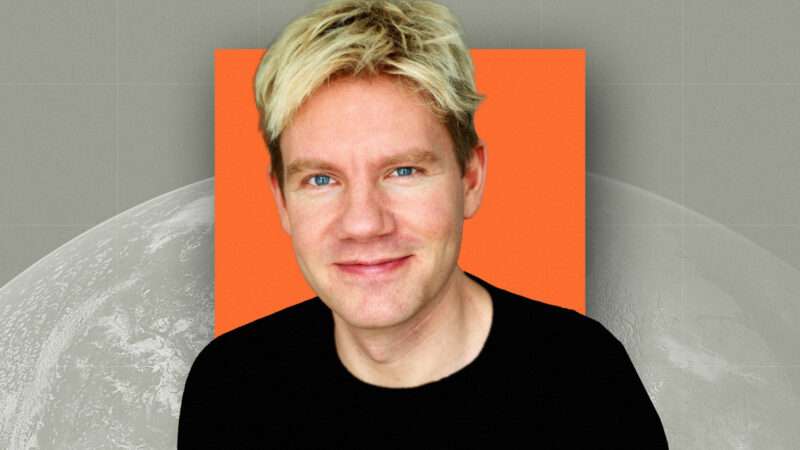Mettez-vous hors ligne avec l'application Player FM !
Bjorn Lomborg: How Our Climate Fixation Hurts the World's Poor
Manage episode 378139116 series 2563781

In 2001, Danish political scientist Bjorn Lomborg burst onto the international scene with his bestselling and controversial book The Skeptical Environmentalist. The onetime member of Greenpeace said that climate change is real and that human activity is clearly contributing to it, but he said the best science didn't support the apocalyptic visions put forth by people like Earth in the Balance author and former Vice President Al Gore.
Lomborg went on to create the Copenhagen Consensus, a think tank that applies cost-benefit analysis to problems facing the global poor and works with Nobel laureates, policymakers, philanthropists, and researchers to develop pragmatic, relatively low-cost solutions to issues such as tuberculosis, malaria, lack of education, and access to food.
His new book is called Best Things First and it presents what Lomborg says are "the 12 most efficient solutions for the world's poorest people." He argues that for about $35 billion a year—a little more than half of what the U.S. spends annually on humanitarian aid—these policies could save 4.2 million lives and generate an extra $1.1 trillion in value every year.
I caught up with Lomborg in New York City during the latest meeting of the United Nations General Assembly. We talked about Best Things First, his view of the current environmentalist movement, and why politicians and the media continue to fixate on the possibility of a future climate apocalypse rather than helping the global poor in the here and now.
The post Bjorn Lomborg: How Our Climate Fixation Hurts the World's Poor appeared first on Reason.com.
317 episodes
Manage episode 378139116 series 2563781

In 2001, Danish political scientist Bjorn Lomborg burst onto the international scene with his bestselling and controversial book The Skeptical Environmentalist. The onetime member of Greenpeace said that climate change is real and that human activity is clearly contributing to it, but he said the best science didn't support the apocalyptic visions put forth by people like Earth in the Balance author and former Vice President Al Gore.
Lomborg went on to create the Copenhagen Consensus, a think tank that applies cost-benefit analysis to problems facing the global poor and works with Nobel laureates, policymakers, philanthropists, and researchers to develop pragmatic, relatively low-cost solutions to issues such as tuberculosis, malaria, lack of education, and access to food.
His new book is called Best Things First and it presents what Lomborg says are "the 12 most efficient solutions for the world's poorest people." He argues that for about $35 billion a year—a little more than half of what the U.S. spends annually on humanitarian aid—these policies could save 4.2 million lives and generate an extra $1.1 trillion in value every year.
I caught up with Lomborg in New York City during the latest meeting of the United Nations General Assembly. We talked about Best Things First, his view of the current environmentalist movement, and why politicians and the media continue to fixate on the possibility of a future climate apocalypse rather than helping the global poor in the here and now.
The post Bjorn Lomborg: How Our Climate Fixation Hurts the World's Poor appeared first on Reason.com.
317 episodes
Tous les épisodes
×Bienvenue sur Lecteur FM!
Lecteur FM recherche sur Internet des podcasts de haute qualité que vous pourrez apprécier dès maintenant. C'est la meilleure application de podcast et fonctionne sur Android, iPhone et le Web. Inscrivez-vous pour synchroniser les abonnements sur tous les appareils.




